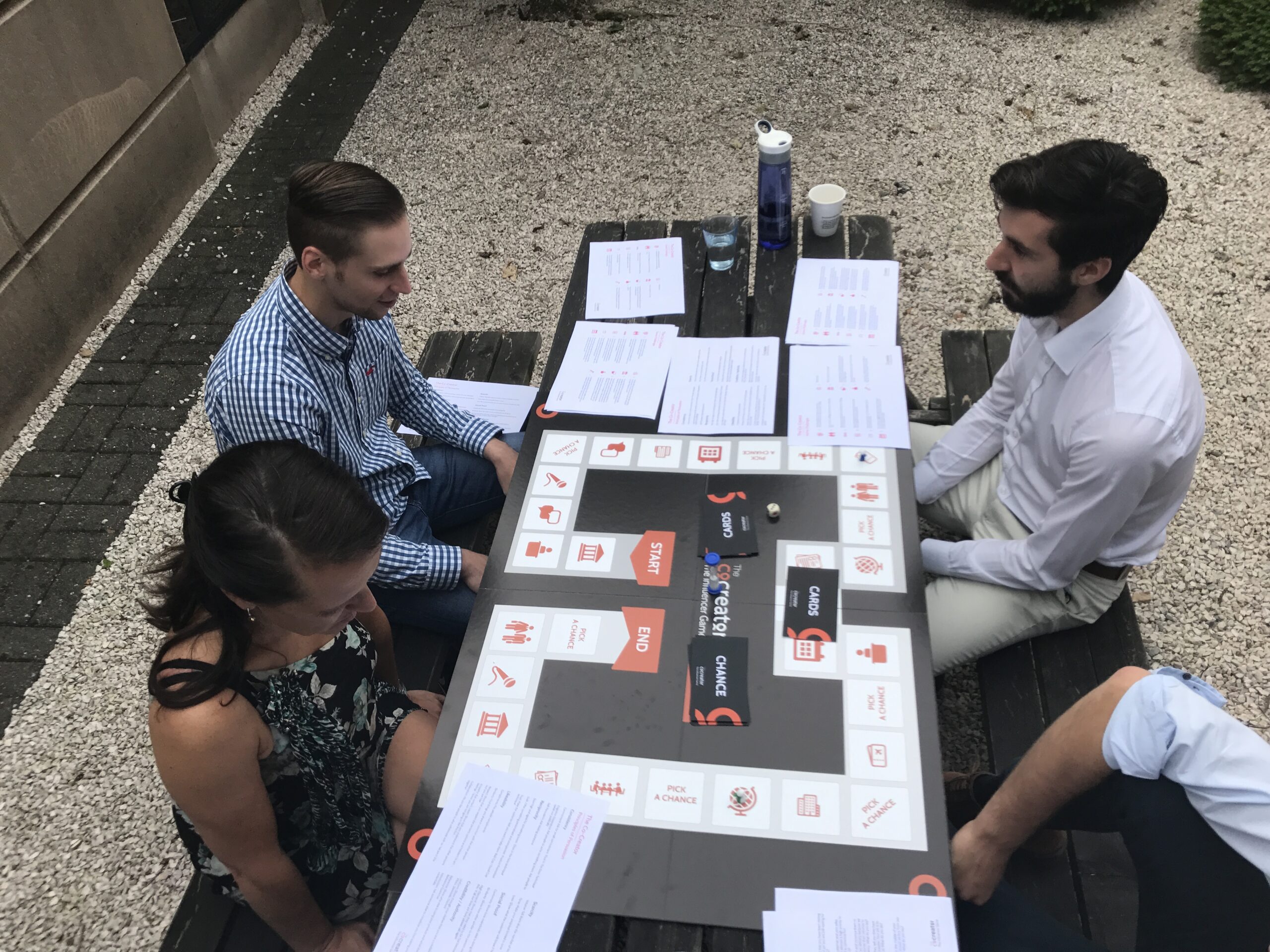Looking to stay ahead in today’s ever-evolving B2B sales landscape? In this blog post, we will explore the evolution of B2B sales from a problem-solving approach to a challenging and innovative strategy, emphasizing the importance of empowering buyers and offering guidance and expertise throughout the purchasing process.
From Problem-Solving to Challenging
The evolution of B2B sales over the years has seen a shift from a problem-solving approach to a more challenging and innovative strategy. In the early days, the sales approach was focused on identifying and solving the customer’s problems. This approach tended to be reactive, and salespeople were mostly engaged in gathering information and then responding to it.
However, over time, as businesses became more complex, the traditional problem-solving approach proved to be inadequate. It became necessary to embrace a more innovative and challenging strategy that would enable sales professionals to work collaboratively with their customers to co-create new roadmaps for the future. This shift in approach has been necessitated by the dynamic nature of the business environment and the need to outcompete rivals for market share.
As a result, today, it has become essential to empower buyers and offer guidance and expertise throughout the purchasing process. There is a growing need for sales professionals to act as advisors and enablers who collaborate with customers to co-create new roadmaps for the future. This requires salespeople to be more than transactional facilitators: They become integral partners in a customer’s business transformation journey.
Empowering the customer
The most successful salespeople today are familiar with the latest and greatest technology, understand customer needs and market trends, and have a deep understanding of how to navigate complex purchasing decisions. They offer a consultative approach and seek to empower customers rather than push them into hasty decisions. They achieve this by providing intimate and accurate knowledge of the product, constant availability, and working together to construct a tailor-made solution that meets the buyer’s individual needs.
Enabling a customer-centric sales culture involves identifying key contacts who are agents of change and fostering a strong coalition to push boundaries and redefine objectives. It also involves creating an environment where customers feel they can trust their sales professional, and they are heard, catered to, and valued.
Conclusion
In conclusion, the evolution of B2B sales has seen a shift from a traditional reactive problem-solving approach to a more challenging and innovative strategy that emphasizes the importance of empowering buyers and offering guidance and expertise throughout the purchasing process. Sales professionals have now become advisors and enablers who work collaboratively with customers to co-create new roadmaps for the future. In this customer-centric sales culture, the role of salespeople is critical in ensuring customer satisfaction and the long-term success of a business.

